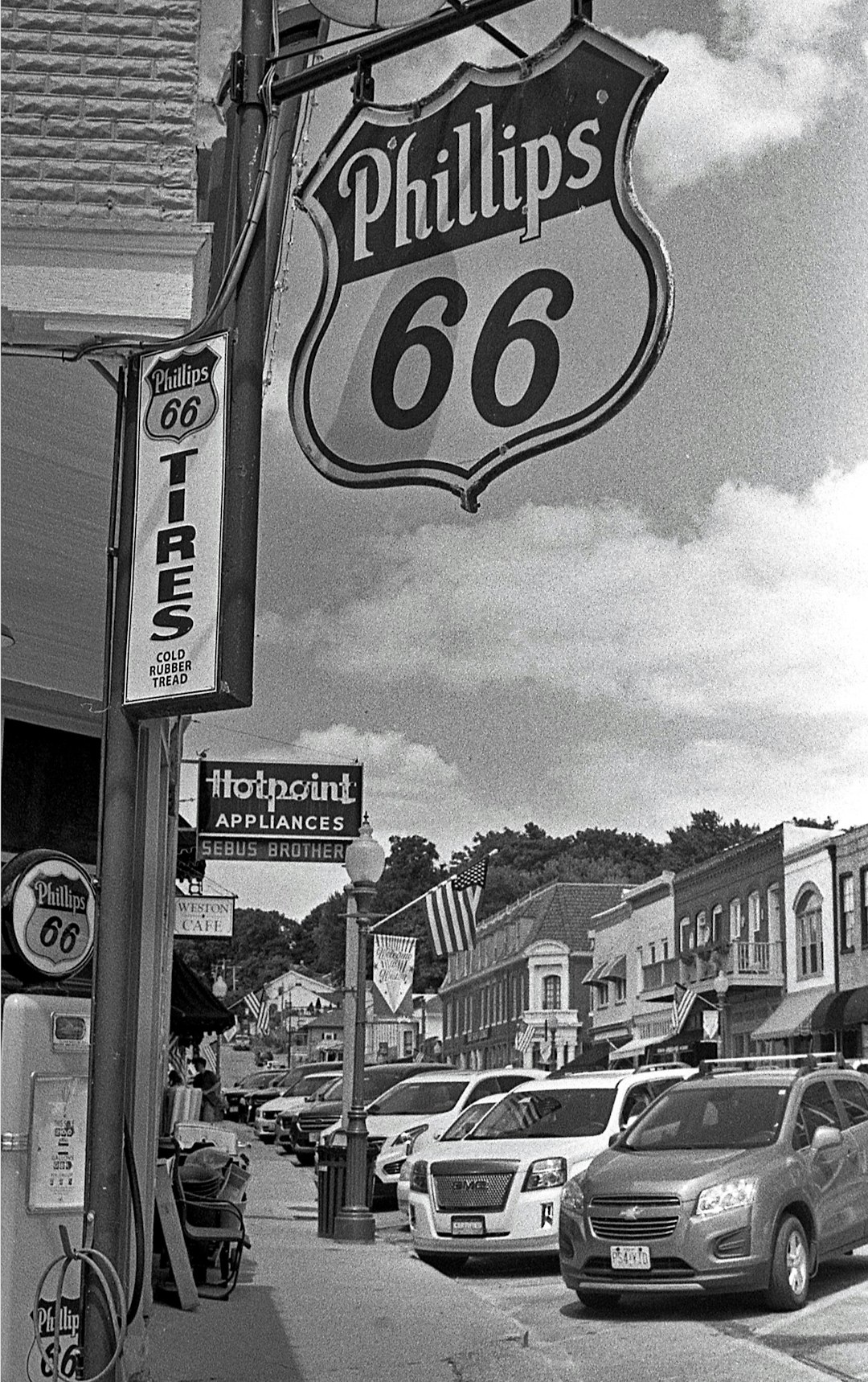Nonprofits in Missouri face a growing challenge from spam calls disrupting operations, distracting staff, and posing security risks. To combat this issue, organizations can take proactive steps like registering for Do-Not-Call lists, using blocking apps, implementing internal policies, and consulting with reputable Spam Call Law Firms or lawyers specializing in TCPA compliance in Missouri. By employing these strategies, nonprofits can create a safer, more productive environment, better protect their communication, and maintain the stability of the state's nonprofit sector. Missouri's strict spam call laws under the Telephone Consumer Protection Act (TCPA) offer nonprofits a framework to manage unwanted calls, with education, awareness, and legal guidance from specialized professionals being key to effective navigation and protection.
Spam calls are a persistent and growing problem for Missouri’s nonprofit sector. With an increasing number of fraudulent and unwanted phone communications, organizations are facing legal and financial challenges that can hinder their mission. This article explores the impact of spam calls on charitable initiatives in Missouri, delves into relevant anti-spam call laws, and offers practical strategies to combat this issue. Additionally, it highlights the importance of seeking expert legal support from specialized Spam Call Lawyers in Missouri and Spam Call Law Firms Missouri to navigate complex regulations like the TCPA and protect nonprofit interests. Learn how to stop spam calls effectively in Missouri.
Understanding Spam Calls: A Growing Concern for Missouri Nonprofits

Spam calls have become a pervasive and growing concern for Missouri’s nonprofit sector. These unwanted phone communications, often from automated systems, can disrupt operations, distract staff, and even pose security risks. Nonprofits, like many other organizations, are increasingly affected by spam call volume, making it difficult to maintain effective communication with donors, volunteers, and beneficiaries.
To mitigate the impact of spam calls, Missouri nonprofits have several options. Proactive measures include registering for Do-Not-Call lists, utilizing reputable phone blocking apps, and implementing robust internal policies. Additionally, consulting a spam call law firm or hiring lawyers specializing in TCPA (Telephonic Consumer Protection Act) compliance in Missouri can provide tailored strategies to stop spam calls effectively. By understanding the nature of these nuisance calls and taking appropriate actions, nonprofits can create a safer and more productive environment for their operations.
The Impact on Charitable Organizations: Legal and Financial Implications

Spam calls have become a pervasive issue, particularly targeting charitable organizations in Missouri. These unwanted and often fraudulent calls can significantly impact the operations and financial health of nonprofits. Many such organizations rely on phone communication for fundraising activities, volunteer recruitment, and community engagement. However, spam calls disrupt these efforts, leading to decreased donation potential and volunteer retention.
Legally, Missouri has implemented measures to combat this problem, with strict guidelines set forth by the Telephone Consumer Protection Act (TCPA). A violation of these rules can lead to substantial fines for call centers and individuals responsible. Nonprofits that fall victim to spam calls can seek legal recourse through a Spam Call Law Firm or Spam Call Lawyers in Missouri to protect their rights and recover financial losses. Understanding how to stop spam calls is crucial, not just for the peace of mind of these organizations but also to preserve the integrity and sustainability of Missouri’s nonprofit sector.
Missouri's Anti-Spam Call Laws: What Nonprofits Need to Know

Missouri has strict laws in place to combat spam calls, offering some relief to nonprofits dealing with unwanted phone solicitations. The Missouri Spam Call Law, also known as the Telephone Consumer Protection Act (TCPA), provides guidelines on how businesses and organizations can communicate with consumers. Nonprofits that make automated calls or texts for fundraising or marketing purposes must adhere to these regulations to avoid legal repercussions.
To stop spam calls in Missouri, nonprofits should familiarize themselves with the TCPA rules. This includes obtaining explicit consent from recipients before making any automated calls or texts and providing an easy opt-out method during each communication. Engaging a reputable spam call law firm or consulting with lawyers specializing in TCPA laws in Missouri can help nonprofits navigate these regulations effectively, ensuring their outreach strategies remain compliant and respectful of consumer choices.
Strategies to Combat Unwanted Calls: Empowering Missouri's Nonprofit Community

Missouri’s nonprofits face a unique challenge in the form of spam calls, which can disrupt operations and impact their ability to serve communities effectively. To combat this growing issue, several strategies have emerged. One powerful tool is education and awareness; nonprofits can empower their staff and volunteers by providing training on identifying and blocking spam calls. This includes teaching them about current laws, such as the Telemarketing and Consumer Protection Act (TCPA), which offers protections against unwanted calls. By arming themselves with knowledge, Missouri’s nonprofit community can better navigate these interactions.
Additionally, leveraging technology is a practical approach to mitigating spam calls. There are various call-blocking apps and software solutions designed specifically for personal and business use, offering advanced filtering and detection capabilities. Nonprofits in Missouri can benefit from these tools to create safer communication environments. Engaging with reputable spam call law firms and consulting spam call lawyers who specialize in TCPA cases is another strategic move. These professionals provide insights into the latest legal developments, helping nonprofits understand their rights and obligations, and offering tailored solutions to protect them from costly violations.
Choosing the Right Legal Support: Spam Call Lawyers in Missouri

When navigating the complex legal landscape surrounding spam calls in Missouri, choosing the right legal support is paramount for nonprofits seeking to protect their operations and donors. Nonprofits often face a deluge of unwanted automated calls, which can disrupt services, hinder communication with supporters, and potentially violate privacy laws.
In Missouri, specifically, the Telephone Consumer Protection Act (TCPA) offers protections against abusive phone marketing practices. To effectively combat spam calls, nonprofits should consider retaining a specialized spam call law firm Missouri or spam call lawyer Missouri. These legal professionals are equipped to understand the nuances of TCPA regulations and can provide strategic guidance on how to stop spam calls Missouri while ensuring compliance. Engaging the services of a spam call law firm Missouri or lawyer for TCPA Missouri allows nonprofits to take proactive measures, such as filing complaints, seeking injunctive relief, and recovering damages incurred due to unsolicited calls.






